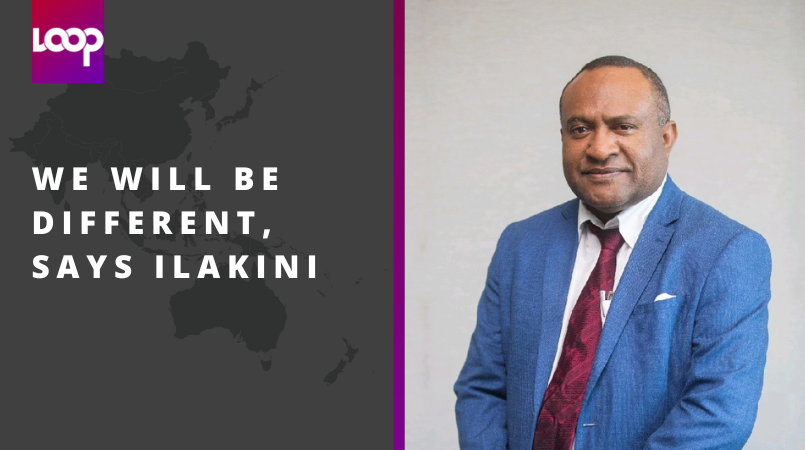
The National Fisheries Authority (NFA) of Papua New Guinea has undergone significant organizational reforms over the past 15 months.
These efforts align with broader sectoral reform initiatives aimed at ensuring that the fisheries and marine resource sector’s target of a 70 percent GDP contribution by 2030 is achieved.
On April 10, at a market consultation for developing non-tuna markets, NFA Managing Director, Justin Ilakini said broadening the fisheries sector to one that does not be depend on tuna is a task that comes with big challenges.
He emphasized that many initiatives have been undertaken in efforts to broaden the non-tuna sector; however, not much success has been reported.
However, Ilakini informed participants that the NFA would ensure the expansion of the productive capacity of the non-tuna sector through significant changes.
“We’ve started on that journey. There are two things that we are doing and everything comes under these two things; structural reforms and legislative changes,” Ilakini said.
“We are modernizing the fisheries management plan. We are changing the management plans to modernize them.”
The MD says the current regulatory framework and legislation in place do not provide room to expand and allow for capital injections into the non-tuna sector.
“It restricts the growth of the sector because of lack of capital and incapability of our people in tapping into those sectors and those are realities that we will all have to face as Papua New Guineans.
Ilakini highlighted the significant need to change and modernize what he termed as ‘colonial’ management plans that are more than 30 years old, stating, “We will open up the coastal fisheries. We will open up the inland fisheries. We will open up the aquaculture fisheries. But we will do it within our laws and our legislations.”
He added: “We will start welcoming foreign direct investments and development partners to work with us, to work with our people. To tap the productive capacities of coastal fisheries and all the non-tuna sectors in the community.”
Ilakini says the new management plans will be more proactive, forward-looking and encompassing of the changes in the market.
“Let me make it very clear that when we start making those changes, it doesn’t mean that we will allow foreign direct investors or foreign companies to come and dominate those fisheries. No, it’s not gonna happen like that.
“They will work in partnership with you Papua New Guineans. They will work in partnership with the provinces and the districts,” Ilakini assured.
Meantime, the NFA will soon be relocating to a new office at Harbourside. A necessary change is required for the authority’s branding and change in the sector going forward.
